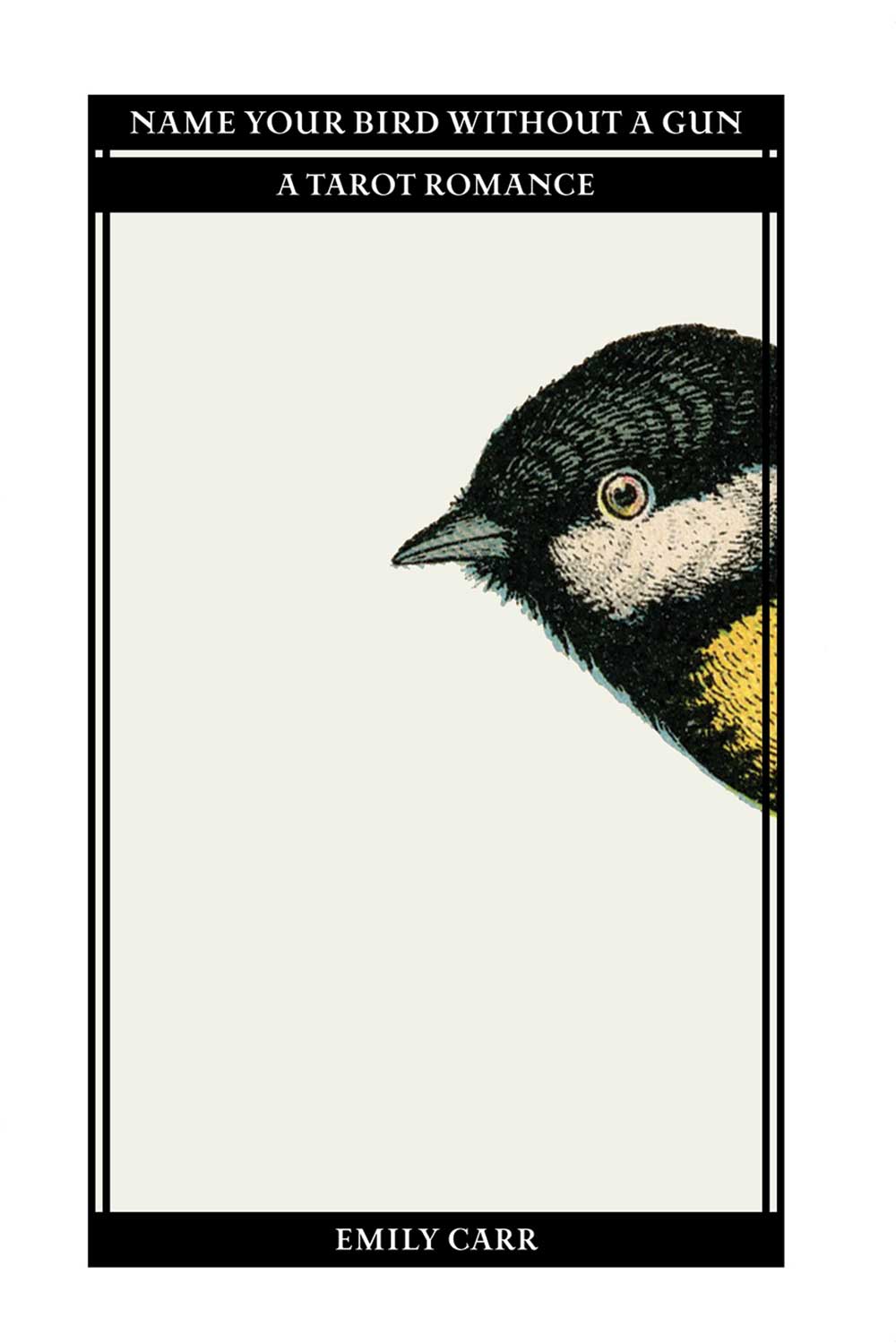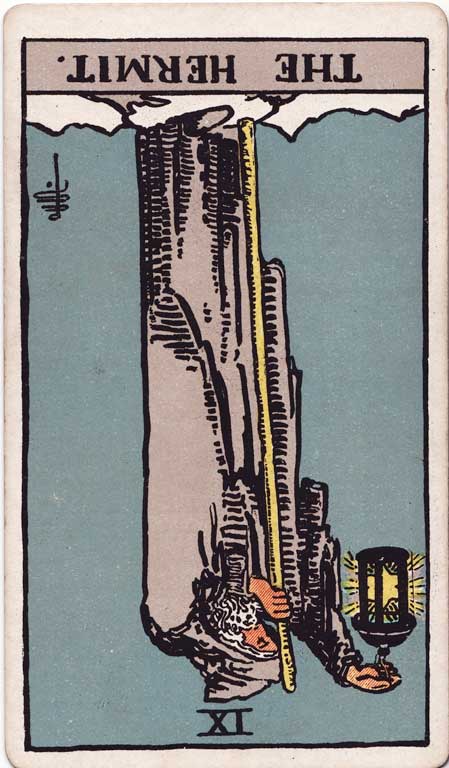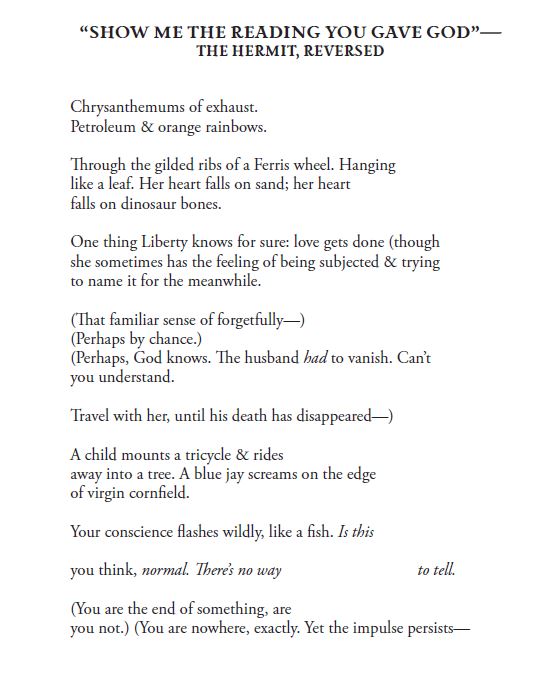Emily Carr
name your bird without a gun
Spork Press, 2020
Paperback, 120 pages
I recently read name your bird without a gun by Emily Carr. Stated as a “Tarot Romance,” name your bird without a gun uses poetry guided by the tarot to tell the story of Liberty and the tumultuous love affair that leads to her death. Below are my notes on this collection:
1. I’m not especially versed in tarot; sometimes I will draw a card & see how it hums to me. I like looking up the meanings online and also sticking the cards to my forehead. Carr’s work offered me the opportunity to work with the tarot in a deeper way. For instance, below each poem title is a corresponding tarot card after which the work is based. These paired titles offered a double-vision to the collection; visual on visual; how the shape of the tarot (shapes on the cards, shape of the spread/collection) is inseparable from the image conjured in the poems. This doubling imbues a deeper mysticism in the poems themselves, each one lending themselves as a new portrait of the tarot. You could create a new deck from Carr’s words. The lovely sticky thing is that the image of the original Rider-Waite tarot always hovers over the text (Carr’s new tarot; the new image), creating palimpsest of textual & visual knowledge.
For instance:
The old hermit, spectral, upside-down, descending, haunts the poem. Does he hang from the Ferris wheel like a leaf, against orange exhaust? Does Liberty herself hang? There is a convergence. When I think of this collection, I cannot help but think of how the tarot can be superimposed over our own selves as we read. When I stick the Star to my forehead, I am channeling; becoming; modifying. The same happens when we read books.
2. I enjoyed the vulnerability in the work as a whole, particularly in the concluding segmented essay which acts as a postscript and reading of Carr’s “spread”:
My story—Liberty’s story—is, in the end, not so different from
yours. The moral—if there is one to be had—involves not, as the
talk shows or the celebrity pundits would have it, freedom from
judgment but rather the liberty to love ourselves, as we really are.
The essay is moving and revelatory; sewn together in segments like a poem itself. This is not to say that the poems are more or less vulnerable than Carr admitting to multiple suicide attempts in the essay. Fictive poems may seem occlusive on the surface, but Carr’s essay reminds us that they are a journey— & that for her as a poet this journey of poems was necessary, instructive, important. Sometimes a persona, an ideal (as Carr calls her character Liberty), is necessary to give us the distance needed to think about ourselves. The poems are persona work, yes,– and persona is always a facet of the self.
Re: the segmented essay: I love when poets write essays. It’s one of my favorite things.
3. Finally, name your bird without a gun unexpectedly offered me more than a journey through the tarot: it also gifted me much more in terms of lenses, specifically how one can view nature and the self as nature. I loved the ways in which nature is interacted with in the poems as a series: molecules are visible and make just as large an impact on the poem as the actions of human characters; sunlight seems to come alive. All is imbued with a special force, an acuity or lightness, which made the environment much more than a stage but a part of the proceedings themselves; as they are. This book reminded me of the too-human ways in which I view my world.
“Hydrogen & oxygen fall through trees.
Fat clouds & strange lightbulbs.
Fish shaped like tattered stars. Iridescent bacteria
in the sediment of letters.
Cumulus boil. Churchbells come again in wet speech.”
Perhaps I can take with me Carr’s lenses and apply them to my own work regarding ecology & nature. How even non-human things affect the grand picture, or are the grand picture themselves. My acquisition of lenses from Carr’s work feels like a feature of the work itself. I gained knowledge from my reading of Carr’s tarot, much the way one does an actual tarot spread. The tarot is a reflection, as Liberty and persona work in general is a reflection. It just depends on who’s looking.


